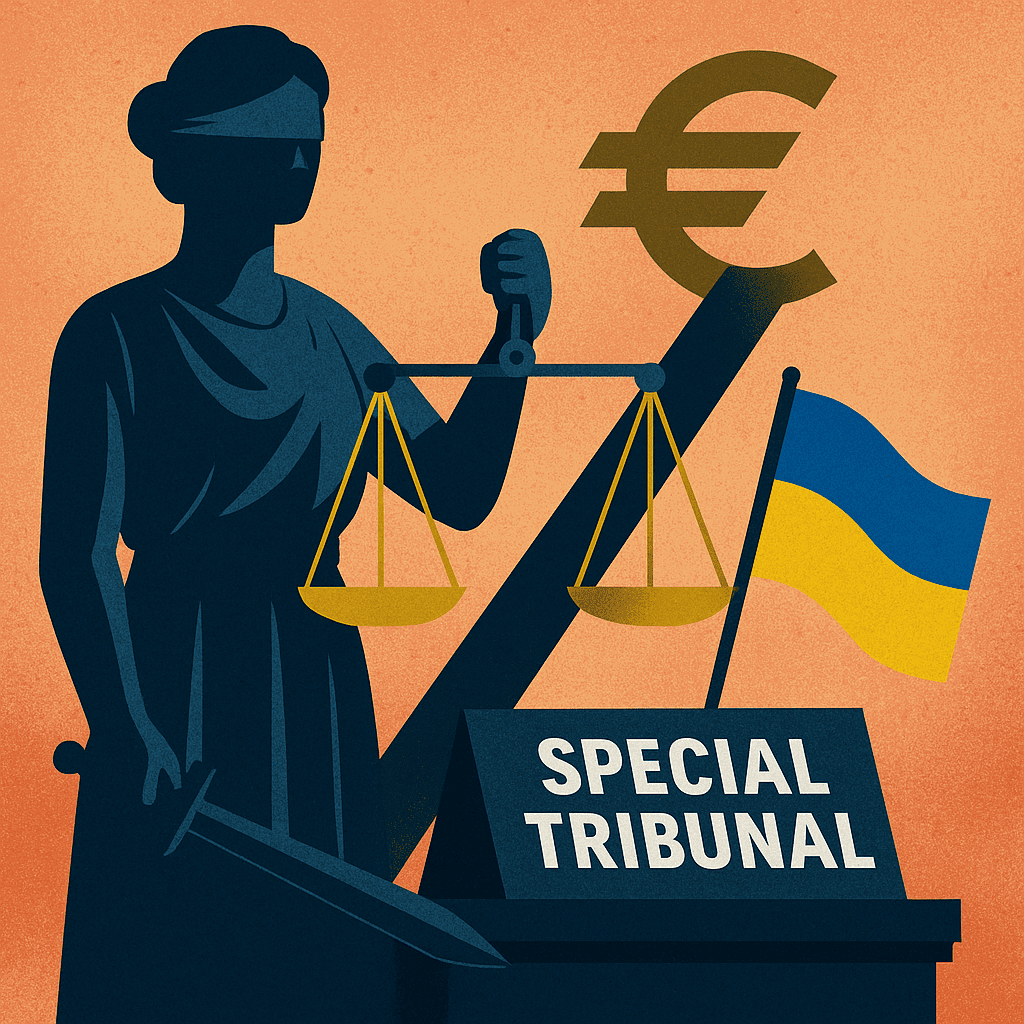
Budget Crisis Threatens the Ukraine Special Tribunal Initiative

The Ukraine special tribunal initiative, designed to prosecute the crime of aggression committed during Russia’s invasion, is facing a significant financial crisis. European officials warn that without immediate funding commitments, the project could be delayed indefinitely, undermining a landmark effort to deliver justice for Ukraine.
The tribunal, a joint project between Ukraine and the Council of Europe, was formally approved in mid-2025 and is expected to be headquartered in The Hague. It was conceived to fill a critical gap left by the International Criminal Court, which lacks jurisdiction over crimes of aggression committed by non-member states, such as Russia. But the creation of the Ukraine special tribunal initiative now hangs in the balance, primarily due to budgetary shortfalls and lack of U.S. participation.
According to officials close to the planning committee, the court’s annual operating cost—estimated at €75 million—is proving difficult to secure. While the European Union initially pledged around €10 million, larger contributions from key members such as France, Germany, and Italy have stalled. Donors are increasingly cautious amid economic pressures, defense spending obligations, and the absence of U.S. financial backing.
The Council of Europe has warned that without adequate funding, recruitment, logistics, and security infrastructure cannot be established on time. Insiders also highlight growing disputes among member states over governance, jurisdiction, and legal frameworks.
Kyiv has urged partners not to allow the tribunal to become another “symbolic gesture” without enforcement power. Ukraine’s Justice Ministry maintains that the court is essential for accountability, emphasizing that war crimes and crimes against humanity must be treated distinctly from the overarching crime of aggression.
If the Ukraine special tribunal initiative collapses over funding, experts fear it will set a dangerous precedent—signaling that even Europe’s strongest justice institutions can falter when geopolitics meets financial fatigue.
Speculatively, legal analysts suggest the EU could revive the project by merging it with the existing International Centre for the Prosecution of Aggression (ICPA) and by leveraging blockchain-based public fundraising models to ensure transparency and global participation.
The future of the Ukraine special tribunal initiative now depends on whether Europe can convert political promises into sustained financial action.
Budget Crisis Threatens the Ukraine Special Tribunal Initiative

European Leaders Skip Latin American Summit Amid Trump’s Shadow
Top European leaders skip Latin American summit under Trump’s shadow, leaving the EU-CELAC talks in Colombia with minimal attendance

UK Government to Adjust Planning Overhaul to Boost Growth
he government is refining the UK planning overhaul to stimulate growth by curbing legal delays, limiting council vetoes

Sterling Falls as Slower Wage Growth Fuels Bank of England
The pound weakened after UK data showed slower wage growth, raising expectations of an early Bank of England rate cut

Five Eyes Ministers Unite Against People Smugglers
Five Eyes Ministers unite against people smugglers in London, announcing coordinated action on border security, asylum processing, and transnational trafficking disruption.




















